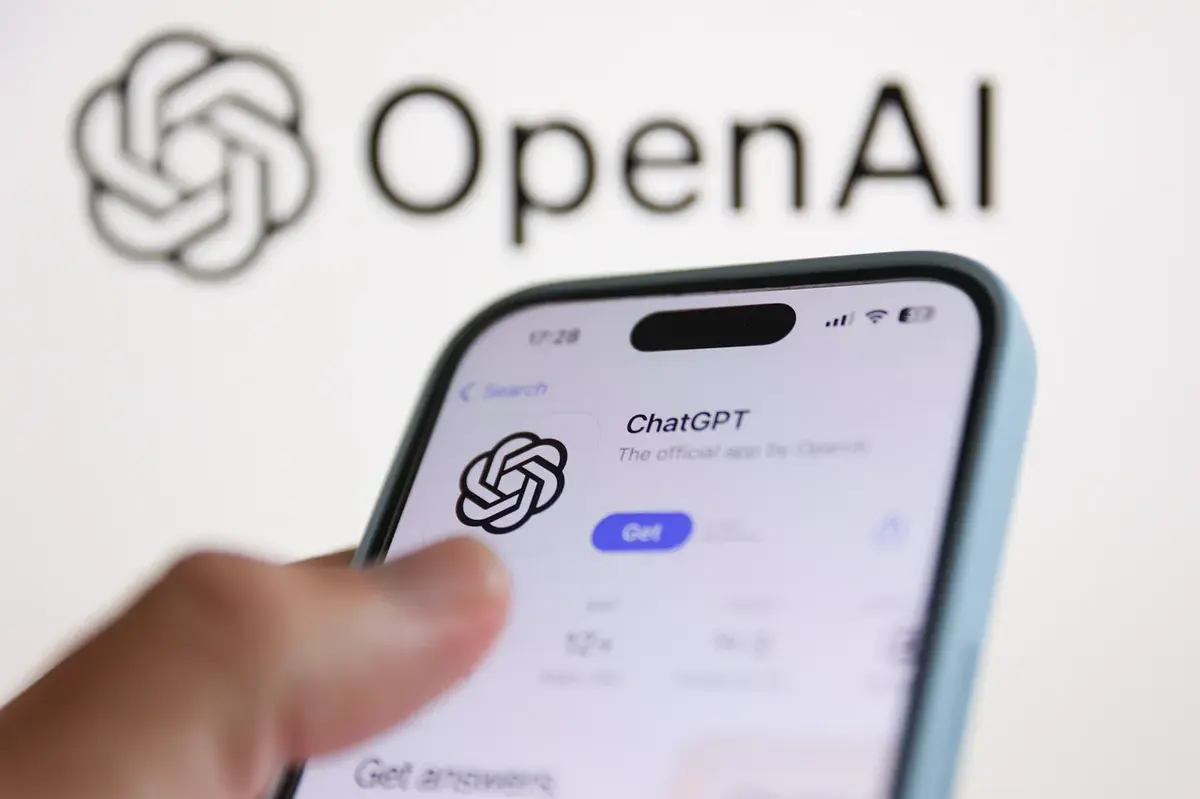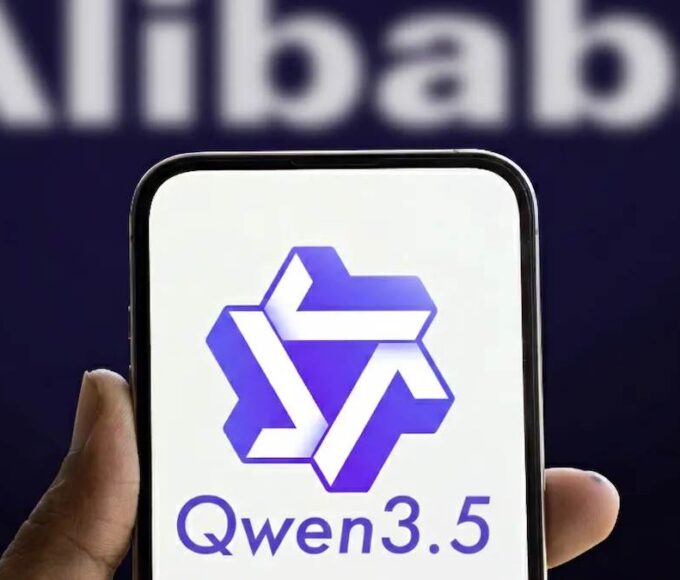OpenAI has introduced Operator, a groundbreaking AI agent designed to autonomously perform tasks on behalf of users.
Announced on January 23, 2025, Operator is OpenAI’s first major step into the world of AI agents, tools that can automate actions and streamline daily activities.
What is Operator?
Operator is a general-purpose AI agent capable of controlling a web browser to complete tasks such as booking travel, making restaurant reservations, and shopping online.
Initially available to U.S. users on ChatGPT’s $200 Pro subscription plan, OpenAI plans to expand access to Plus, Team, and Enterprise tiers in the future. The tool is accessible via operator.chatgpt.com and will eventually integrate into all ChatGPT clients.
How Does Operator Work?
Operator is powered by OpenAI’s Computer-Using Agent (CUA) model, which combines the vision capabilities of GPT-4o with advanced reasoning abilities.
Unlike traditional automation tools that rely on APIs, CUA interacts with websites’ front-end interfaces—clicking buttons, navigating menus, and filling out forms—just like a human would.
To ensure transparency, Operator displays a dedicated browser window while performing tasks, allowing users to monitor its actions.
Users can also take control of their screen at any time, as Operator operates independently within its own browser.
Key Features and Limitations
Operator is designed to handle tasks across categories like shopping, delivery, dining, and travel. However, OpenAI acknowledges its limitations:
- Complex Tasks: Operator struggles with intricate tasks like creating slideshows or managing detailed calendar systems.
- Sensitive Actions: For tasks involving sensitive information (e.g., banking transactions), Operator requires user supervision to input details like credit card numbers.
- Rate Limits: Operator has daily and task-dependent usage limits to manage its workload.
- Security Measures: OpenAI has implemented safeguards to prevent misuse, such as pausing execution if suspicious activity is detected.
Safety and Collaboration
OpenAI has partnered with companies like DoorDash, eBay, Instacart, and Uber to ensure Operator complies with their terms of service.
The company emphasizes that Operator does not collect or screenshot user data, and it requires active supervision for sensitive tasks like email management.
The Future of AI Agents
Operator represents OpenAI’s boldest move into AI agent technology, a field that promises to revolutionize how people interact with the internet and their devices.
While competitors like Google and Anthropic have already introduced AI agents, OpenAI’s cautious approach highlights its commitment to safety and reliability.
Challenges Ahead
Despite its potential, Operator faces hurdles. AI agents capable of autonomous actions raise concerns about misuse, such as phishing scams or ticket scalping.
OpenAI has implemented monitoring systems and human-reviewed pipelines to mitigate these risks, but the technology is still in its early stages.
Operator marks a significant milestone in AI development, offering a glimpse into a future where AI agents handle everyday tasks seamlessly.
While its capabilities are currently limited, OpenAI’s cautious rollout and focus on safety set the stage for broader adoption. As Operator evolves, it could redefine how we interact with technology, making automation more accessible and intuitive than ever before.












Leave a comment